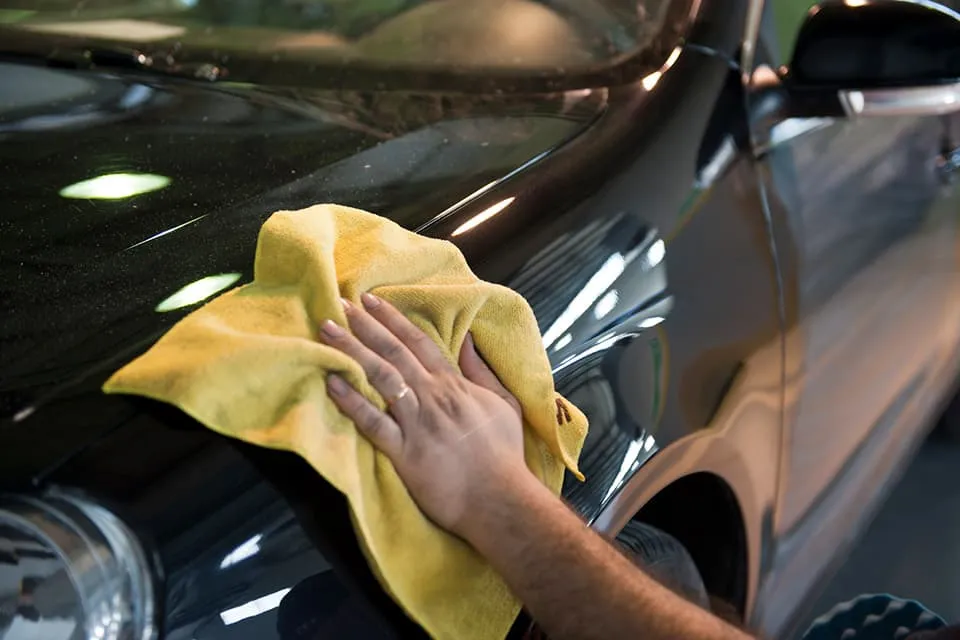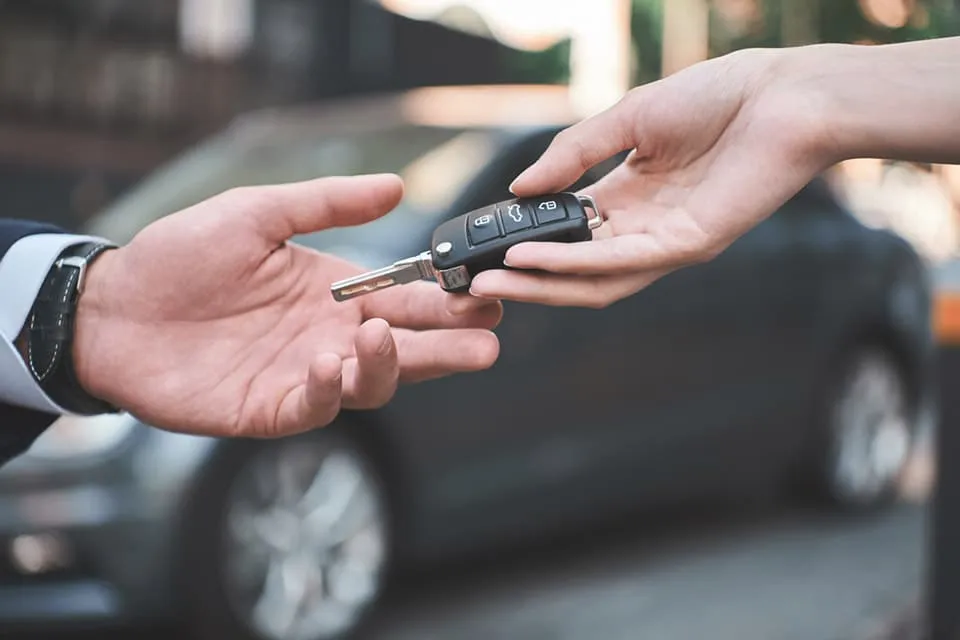Is Selling Your Car to a Dealership a Good Idea?

While some may choose to go through the extensive process of private sale, there are other options you can explore. If you choose to selling your car to a dealer, you may get certain advantages that a private sale just can't offer. The effort you'll need to put into a private sale may not be worth it when the result may be only a tiny bit of extra profit.
How to Sell A Car to a Dealership?
Selling your car to a dealership is a good option and quite simple. You have to take a few steps to get your vehicle ready.
Find the Value of Your Car
The first step you'll need to take is to find the actual value of your car. You can do this by getting a complete inspection through a licensed automotive professional, who will be able to determine your vehicle's condition. According to Kelley Blue Book, this condition will fall into one of four categories:
- Poor: The worst condition a car can be in, a vehicle in the poor category will have multiple issues with its cosmetics and internal mechanics. There will most likely be damage to major components, significant wear-and-tear, high mileage, damage to the safety features, rust, and a non-clean title. When selling a car to a dealership, it's important to note that most will not accept these cars, and the best option you have is to sell them for scrap or parts.
- Fair: While not in as bad shape as a poor car, vehicles in fair condition will still have their share of issues. There will likely be mechanical defects and issues with the car's cosmetics. The car does need to be in reasonable running condition and have a clean title. Overall, the car will need professional work, but a dealership may still accept it for a low price.
- Good: A car in good condition may have minor damage, but nowhere near the level of a fair or poor car. The car needs to be in good working order and have very little in the way of cosmetic or rust damage. Tire wear on a good vehicle can be worn but should still have most of their tread while minor required repairs are okay, nothing should affect major systems within the vehicle.
- Excellent: A car in excellent condition needs to be like new and appear as though you recently purchased it from a dealership. It needs to be in perfect working order, have flawless cosmetics, and require no repairs whatsoever. The title should be clean, and the car must pass an inspection to confirm its condition. This is the best possible category and will yield the highest price when selling a car to a dealership.
Make Any Repairs You Can and Clean up the Car

Once the issues have been found by a mechanic, repair as many of them as you can afford. Each repair you make will help increase the vehicle's sales price, and you can often get more in profit than you would by selling the car without paying for maintenance. This is especially true for minor issues, like burnt-out lights, cosmetic damage, and problems with your tires or squeaky brakes.
You'll also want to clean your car as well as you can. This means washing the interior and exterior, shampooing and cleaning the carpets, vacuuming the seats, and removing all of your personal items. A clean car can make a difference in negotiations, as it can signify that the vehicle was looked after properly. A dealer will likely set the offer much lower if you roll up to a dealership with a filthy car.
Determine Type of Sale and Finalize Transaction
Find a dealership you trust through recommendation or review, and bring your car in. You can choose between a trade-in, which will help reduce the price of a subsequent car purchase, an instant cash offer, which is a direct offer on your vehicle, or talk with a dealer and negotiate a price. Car trade-ins are an excellent option if you plan to get another car, while instant cash offers can be the fastest way to complete a transaction.
Once everything is decided and the price is set, you will complete all the necessary paperwork with the dealer. The dealership will handle much of this, making it far more convenient than a private sale. You will need to provide all the necessary documents, including the title, original bill of sale, and information about the car's accident history and ownership. You can find the last set of documents from a vehicle history report, which a dealer may request to help assess a car's value.
Selling a Car to Dealer vs. Private Sale: Pros and Cons

Sell Car to a Dealer: Pros
- The dealer will handle all of the paperwork
- The sale will often be completed quickly
- You can get tax breakes in certain states if you choose to do a trade-in
Sell Car to a Dealer: Cons
- Offers from a dealership can be lower than through a private sale
- Negotiations may be more difficult with a sales professional
Sell Car Privately: Pros
- Private sales can often help you get more profits
- Private sales are a far better option if you are selling a rare or classic car
- You won't have to negotiate with a professional car salesperson, which can be difficult
Sell Car Privately: Cons
- You will need to take care of the entire process yourself
- You'll have to deal with strangers, making selling potentially dangerous
- You may have to pay for advertising to get the word out about your car
Selling Your Car to a Dealership Can Be Quick and Easy
While we all want to get the most out of our cars, you must remember that old adage: time is money. Instead of spending countless hours placing ads, meeting potential buyers, and haggling over prices, you can sell your vehicle to a dealership almost instantly. Yes, you may lose a bit of money, but in the end, you'll get cash in your hand far more quickly.
FREE Vehicle Search
- Accidents
- Problem Checks
- Title Records
- Recalls
- Values
- Specs
-
InfoPay, Inc. (dba GoodCar) is an Approved NMVTIS Data Provider
-
-

















